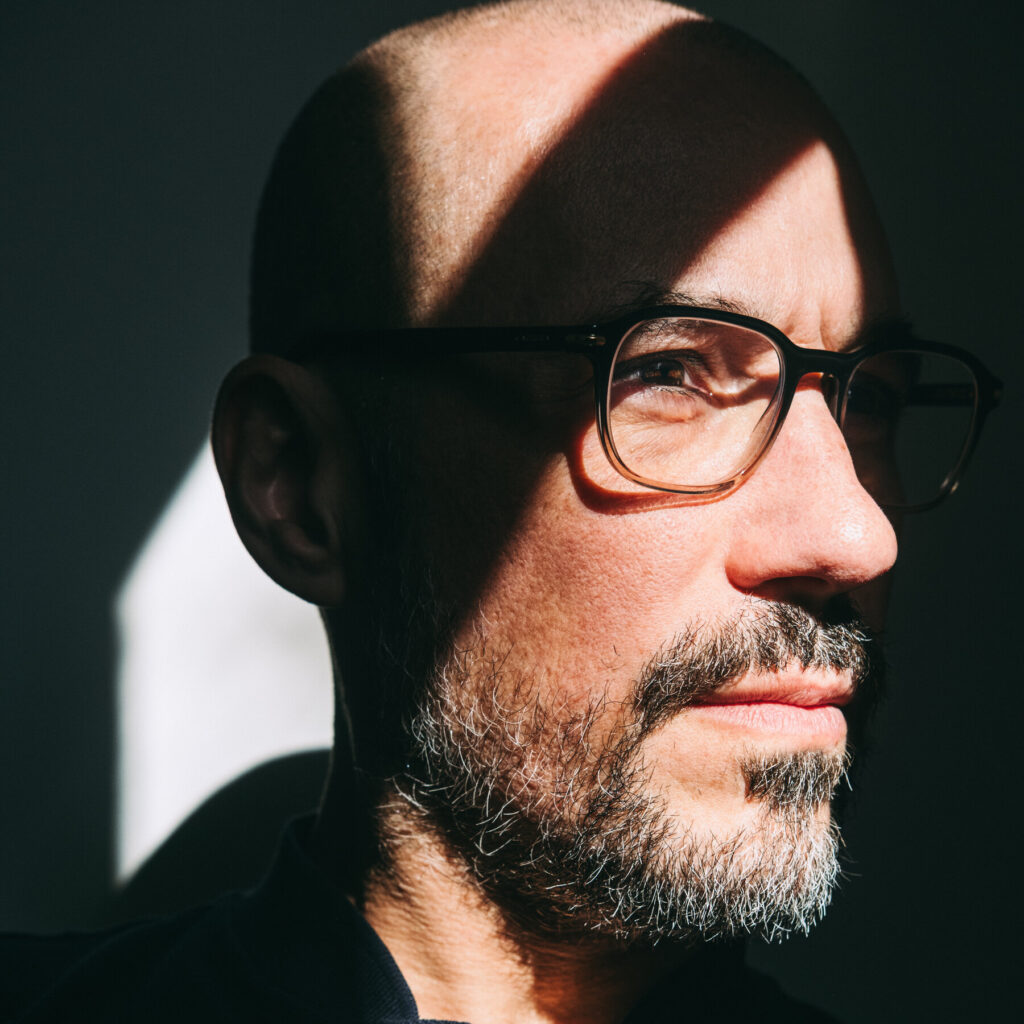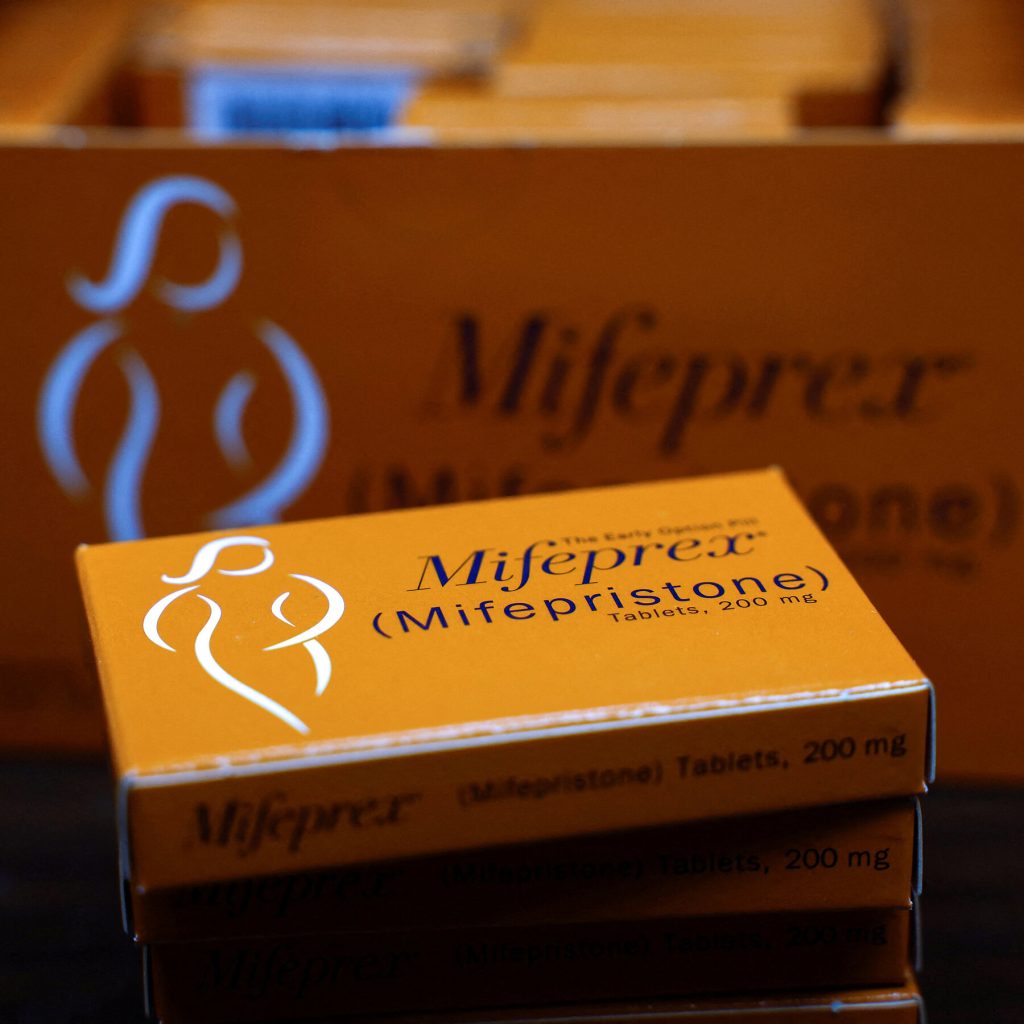Indigenous Voices Take Center Stage at COP30 Climate Talks in Belém, Brazil
Historic Representation Signals a New Era for Climate Negotiations
Belém, Brazil — For the first time in the history of the United Nations Climate Change Conferences, the presence of Indigenous peoples is not just noticeable; it is commanding. At COP30, which opened on November 6, 2025, dozens of Indigenous delegations from the Amazon, the Arctic, Africa, Asia and Oceania have gathered in the Amazonian city of Belém to ensure that their rights, knowledge, and aspirations are woven into the global climate agenda.
The scale of participation is unprecedented. Over 120 Indigenous representatives are attending the summit, including leaders from the Yanomami, Kayapo, Guarani, and many other nations. Their joint statement, signed at the opening ceremony, calls for “a climate response that respects the sovereignty of Indigenous peoples and elevates traditional ecological knowledge as a cornerstone of mitigation and adaptation strategies.”
“Our forests are not just carbon sinks; they are living cultures,” declared Maria da Silva, a Kayapo environmental activist, during a plenary session. “When the world talks about climate solutions, it must listen to the people who have protected these ecosystems for millennia.”
Organizers of COP30 have responded by allocating a dedicated Indigenous Pavilion and a series of side events focused on Indigenous-led climate actions. Workshops on traditional fire‑management, community‑based renewable energy, and legal pathways for protecting land rights have attracted hundreds of delegates, journalists, and policy‑makers.
Several governments have signaled concrete support. Brazil’s Minister of Environment, Carlos Eduardo, announced a new fund of US$200 million to finance Indigenous climate projects, while the European Union pledged technical assistance for the development of Indigenous‑run monitoring networks.
Experts say the shift marks a turning point. Dr. Ana Martínez, a climate‑policy scholar at the University of São Paulo, notes, “The visibility of Indigenous peoples at COP30 is not symbolic—it reflects a growing recognition that any effective climate strategy must be rooted in the lived experiences and rights of those most directly impacted.”
As negotiations move forward, Indigenous delegates are urging negotiators to embed the principle of “Free, Prior and Informed Consent” (FPIC) into the final text of the conference’s outcomes. Their hope is that COP30 will set a precedent for future climate summits, ensuring that the voices of the world’s original stewards are heard loud and clear.






